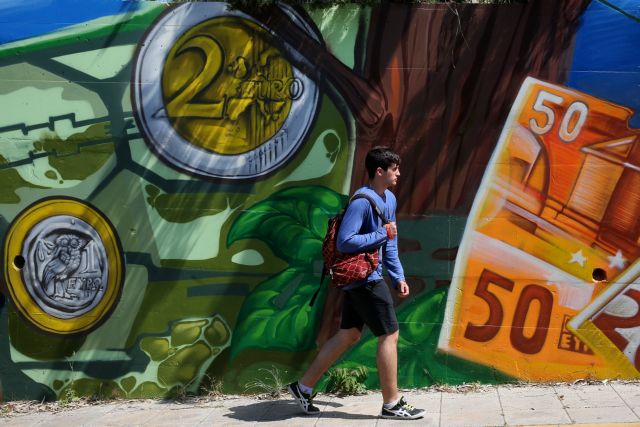
European leaders have heralded Greece’s exit from eight years of international bailouts as the end of the eurozone’s long financial crisis — while warning that Athens must stick to policy commitments it made in exchange for €289bn of loans.
Monday was the final day of Greece’s third successive bailout programme, a period of financial aid stretching back to 2010. EU officials said the end of the bailout showed Greece’s turnround after it teetered on the brink of exiting the currency bloc in 2015.
Pierre Moscovici, the EU’s commissioner for economic affairs,
said it was a return to normality for the Greek people. “From today Greece will be treated like any other euro area country”, he said in Brussels.
Mário Centeno, the president of the eurogroup of eurozone finance ministers, said Greece had “regained the control it fought for” during years of tough negotiations with its eurozone creditors.
Greece is the final eurozone country to conclude a programme of emergency assistance. Similar help was given to Portugal, Ireland and Cyprus — but Greece’s crisis was of a different magnitude, with the size of the economy shrinking by a quarter. Youth unemployment rose to nearly 50 per cent and 40 per cent of the working age population was left at risk of poverty, according to the IMF.
*180.4% Ratio of Greece’s debt to GDP
In Germany — which for many Greeks came to epitomise an obsession with austerity as a solution to the country’s woes — the end of the programme was welcomed by the government as proof that the years of financial aid had worked.
“Greece’s salvation is also a sign of European solidarity,” Olaf Scholz, Germany’s centre-left finance minister, told Handelsblatt newspaper. “The conclusion of the Greece programme is a success. The bleak predictions of the prophets of doom have not come true.”
Greece’s plans to celebrate the end of the bailout programmes were dropped as criticism mounted of the state emergency services’ bungled handling last month of a devastating forest fire near Athens, which left 96 people dead.
But a government official said Alexis Tsipras, the prime minister, planned a live television address on Tuesday from Ithaca, which the official said was chosen “for symbolic reasons”.
In mythology Ithaca was the home of Odysseus, the hero who made a safe return after a tempestuous 10-year journey according to Homer’s epic poem.
*€228bn Total money owed to eurozone governments
Brussels underlined on Monday that Greece needed to persevere with reforms initiated during the crisis, such as a streamlining of civil court procedures and a new business licensing regime.
The European Commission will lead a system of post-programme surveillance that will signal whether Greece is maintaining agreed deficit targets. Athens could potentially lose some of the debt relief it secured from other eurozone governments in a deal in June if the conditions are not met.
“Commitments have to be respected. That is what we will care about,” Mr Moscovici said, while stressing that “there will be no new efforts, no new measures required.”
EU officials are confident Greece will not need a fourth bailout after the debt relief deal, which eased the country’s repayment schedule for the next 14 years. The deal extended maturities on €96bn of loans — about 40 per cent of the total debt — by 10 years. It means Greece will pay back little until 2032.
...στο βίντεο που παρουσιάζουν οι Financial Times παρουσιάζεται αναλυτικά μέσα από γραφήματα η τραγική κατάσταση της ελληνικής οικονομίας
In return Athens will have to hit budget surplus targets that will restrict government spending for decades. Greek governments will have to achieve a primary budget surplus averaging 2.2 per cent of gross domestic product until 2060 — including a 3.5 per cent target until 2022 — to keep its debt pile sustainable.
Concerns have been raised by the IMF, which has called for the targets to be lowered to about 1.5 per cent, warning that without more debt relief from eurozone governments, Greece could struggle.
Mr Moscovici acknowledged that large sections of the Greek population “may not feel that their situation has improved yet much, if at all”.
But he insisted “structures” had been put in place to give Greece’s economic recovery a sure foundation — highlighting efforts to clean up the banks, fight tax evasion and depoliticise the country’s administration.
*REPUBLICATION
*More information can be found at

Δεν υπάρχουν σχόλια:
Δημοσίευση σχολίου